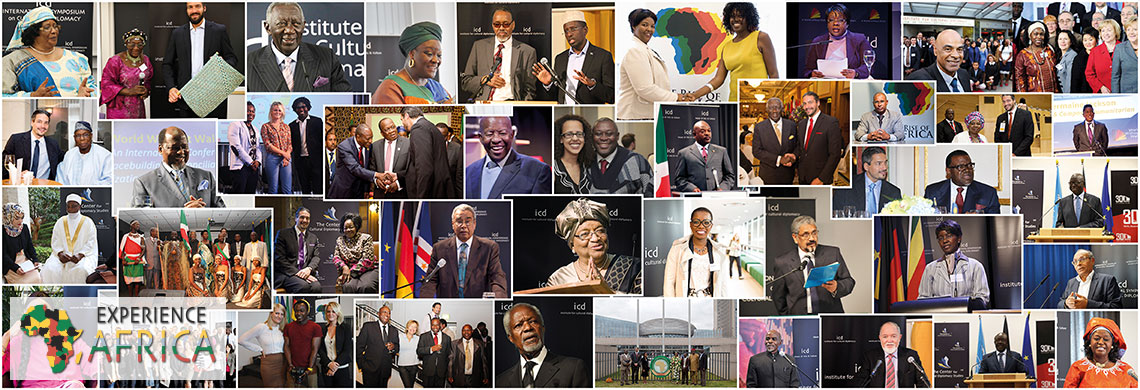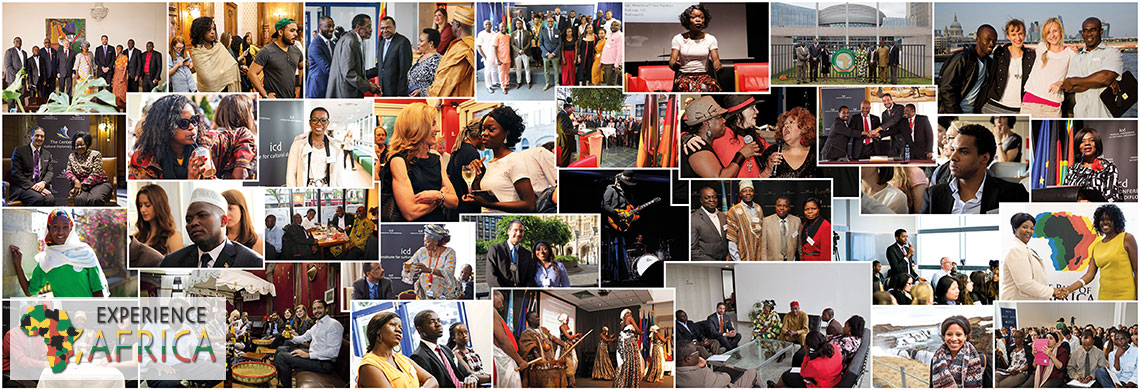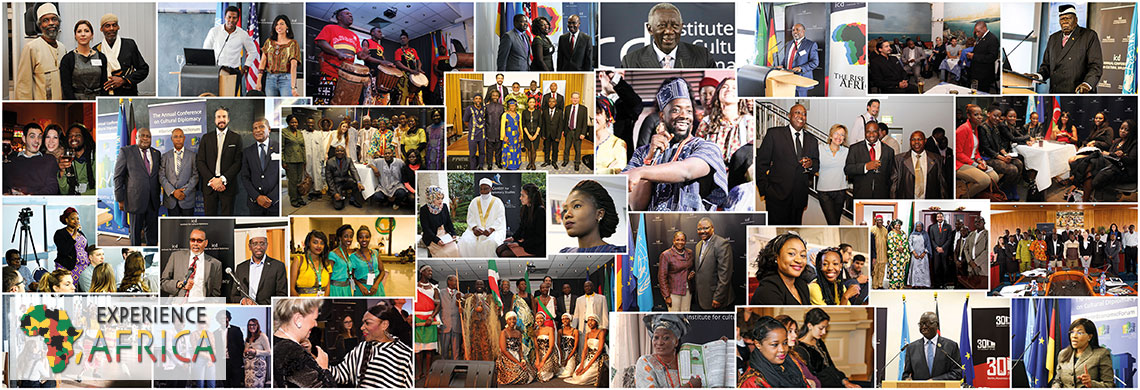Sport as a Vector of Peace and National Reconciliation
Berlin
On Thursday the 30th May 2013, the ICD was pleased to welcome Minister of Youth, Sports and Culture of Burundi, H.E. Adolphe Rukenkanya, to discuss the use of sport as a Cultural Diplomacy tool as part of the Symposium on Cultural Diplomacy and Human Rights 2013.
Mr. Rukenkanya began his lecture by discussing the large population density of Burundi and the multitude of wars that the country has faced since it gained independence; he then argued that sport has the capacity to bring people together during times of turmoil, stating that one of the first attempts towards reconciliation after Burundi’s civil wars emerged through sporting events as a social unity-building tool.
Minister Rukenkanya gave a number of examples of how sport has aided the country in reconciliation and the establishment of social harmony. Pacifying football tournaments were organized in Bujumbura in 2004, with the various teams including a mixture of players from varying opposing groups. The integration of former rebels in such a manner was crucial for the stabilization of the country. Minister Rukenkanya spoke of the ‘fraternity of sport’, and also informed the audience that Friday afternoons in Burundi are now dedicated to sport in all public services, with basketball, volleyball and football being especially popular.
Through the creation of sport and cultural clubs and events like the ‘Peace Marathon’, local authorities and people are given the opportunity to engage and discuss social issues on the sidelines of sporting events, including security and peace, the environment, community development, entrepreneurship, health, the prevention of diseases like AIDS and malaria, the prevention of unwanted pregnancies, birth control, reconciliation, respect for human rights, and respect for the property of others.
The Minister reaffirmed his belief that sport can bring different people and cultures together, and that sport is essential for tolerance and minority integration, teaches people to live together peacefully, improves general health and development, and teaches people to move from negativity and positivity. When asked if Burundi has experienced incidences of racism during sporting events such as those that have occured in European football matches, the minister responded that Burundi is very well-known as a country where foreigners feel comfortable, saying that everyone is welcome in Burundi and that he has never witnessed any racist incidents linked to sport in his country.
The President of Genocide Watch, Gregory Stanton, agreed with the Minister that sport is a very powerful tool that can be employed in order to overcome differences between different groups. He argued that sport is essentially a human language through which relations can be harmonized. The Minister thanked Mr. Stanton for his comments and attested his belief that sport is a method of education, which should be present in the daily life of every human being. He also highlighted that fact that sport can be practiced without expensive equipment and sophisticated facilities, making it accessible to everyone, regardless of age or financial situation.
The Institute for Cultural Diplomacy was very grateful to Minister Rukenkanya for his informative lecture and is certain that he will continue his excellent work in the fields of sport and culture in Burundi.













